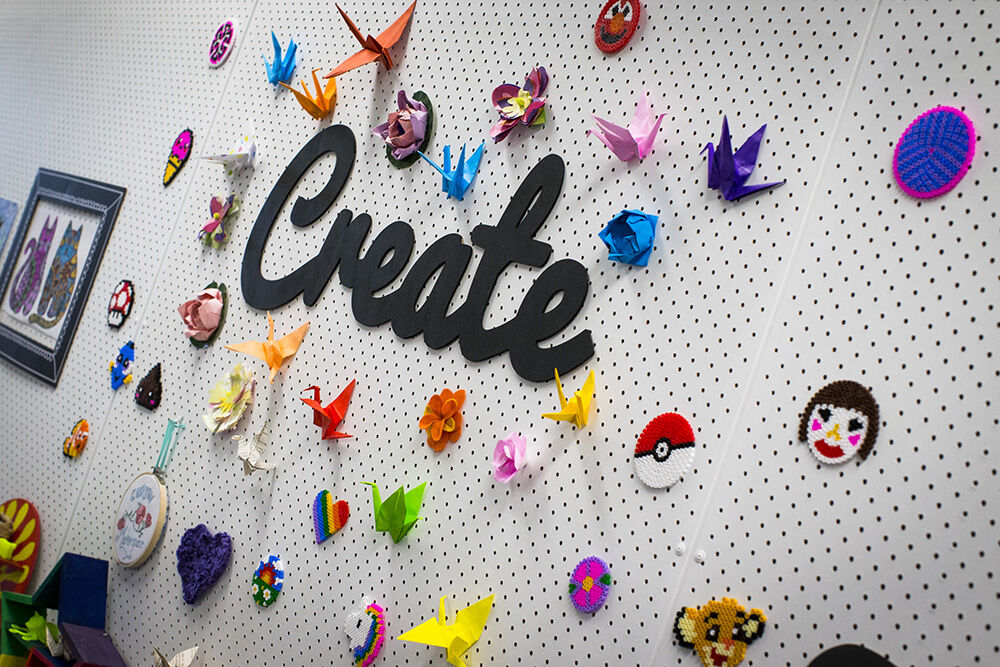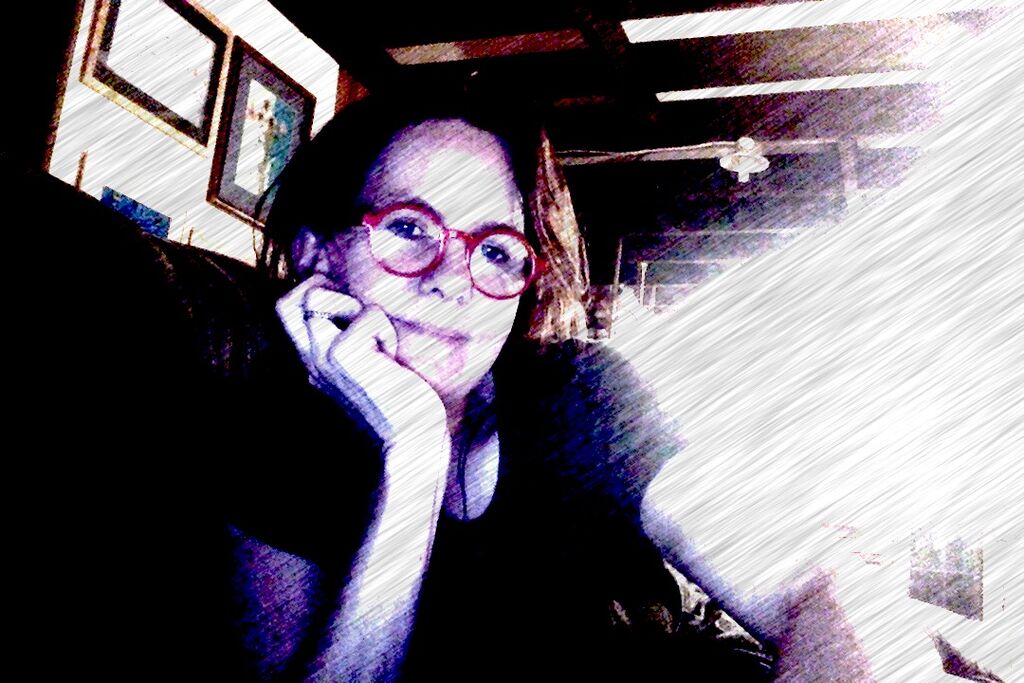Blog
Using the Makerspace to support learning
November 8th, 2017 by Library Makers Category: Articles


Faculty of Humanities Sessional Academic Karen Miller’s areas of expertise in information and digital literacy/fluency are well served by the Makerspace. She describes how her teaching and research benefits from access to the Makerspace and its community.
“In my teaching, I work with students in the Makerspace to support their coursework, or take Makerspace equipment into other spaces. Examples include: exploring theoretical concepts through making (e.g. building with lego to illustrate ideas); investigating learning styles (e.g. using LittleBits to reflect on the learning process) and creating prototypes of learning activities and games (e.g. using Makey Makeys, Aurasma (AR), Scratch, Minecraft and other tools). These learning experiences enable the students to not only actively engage with the course content, but also develop digital fluency.
I also use the facilities and equipment to explore new technologies, gizmos and gadgets, and pursue my own maker projects. I attend workshops and other activities when I can, in order to develop new skills or help others. I’ve been involved in facilitating various activities including a Digital Humanities workshop and the Curtin Cultural Makathon.
I have gained a lot from being part of the ‘maker community’ centred around the Makerspace, where I have connected with so many creative, interesting people. Having a space where ideas flow freely, knowledge is shared willingly, and where experimentation and exploration are encouraged (and failure expected), is just so refreshing. The Makerspace and the community that is developing around it is a source of inspiration for me.
I believe the Makerspace plays an important role in helping students and staff to become lifelong learners. This is by developing information and digital fluency and other important capabilities, such as problem solving and creative/critical thinking. It can support both curricula and non-curricula activities, including research, and contributes to the wellbeing of the Curtin community. The Library has done an amazing job to develop this awesome space and nurture the growing maker community here at Curtin. I’m looking forward to seeing it grow from strength to strength.”